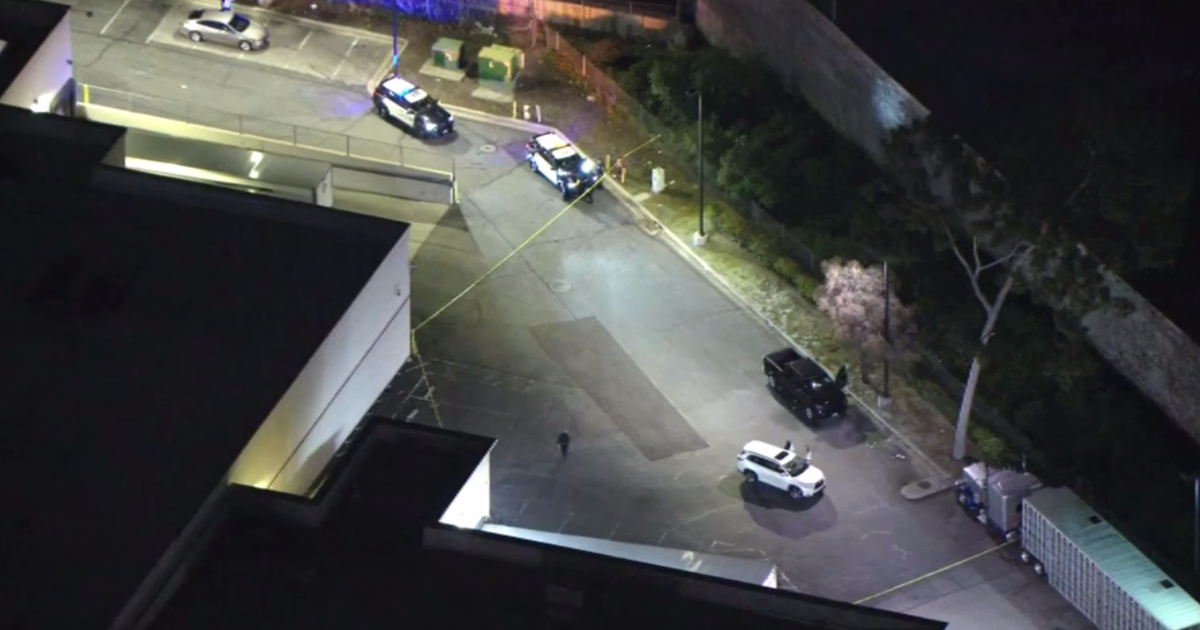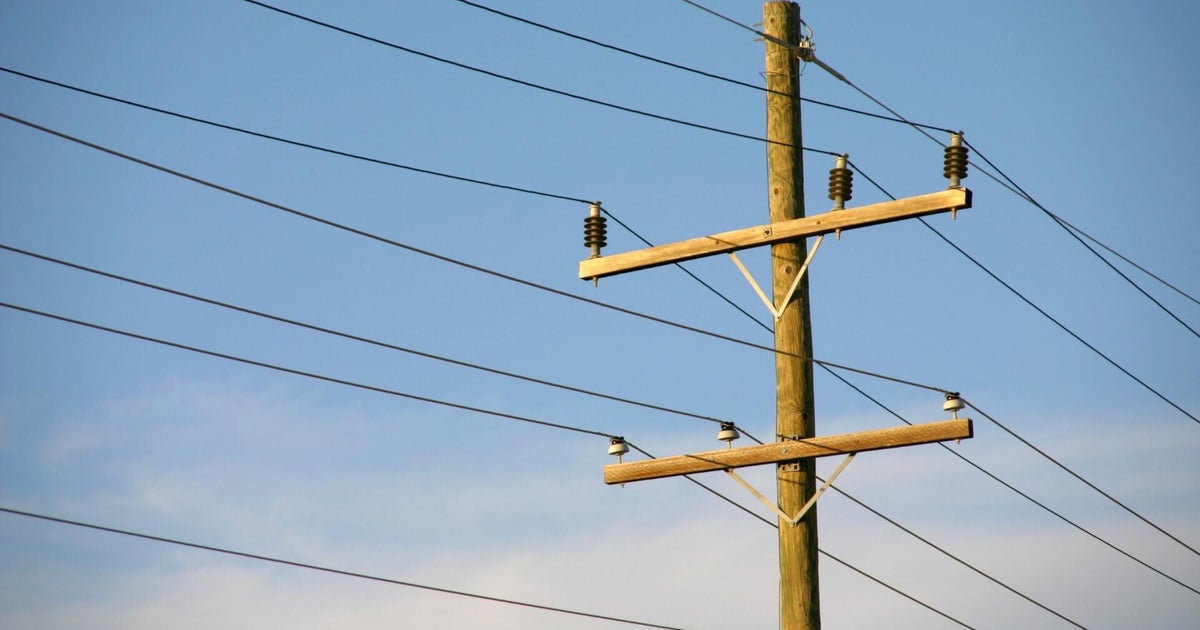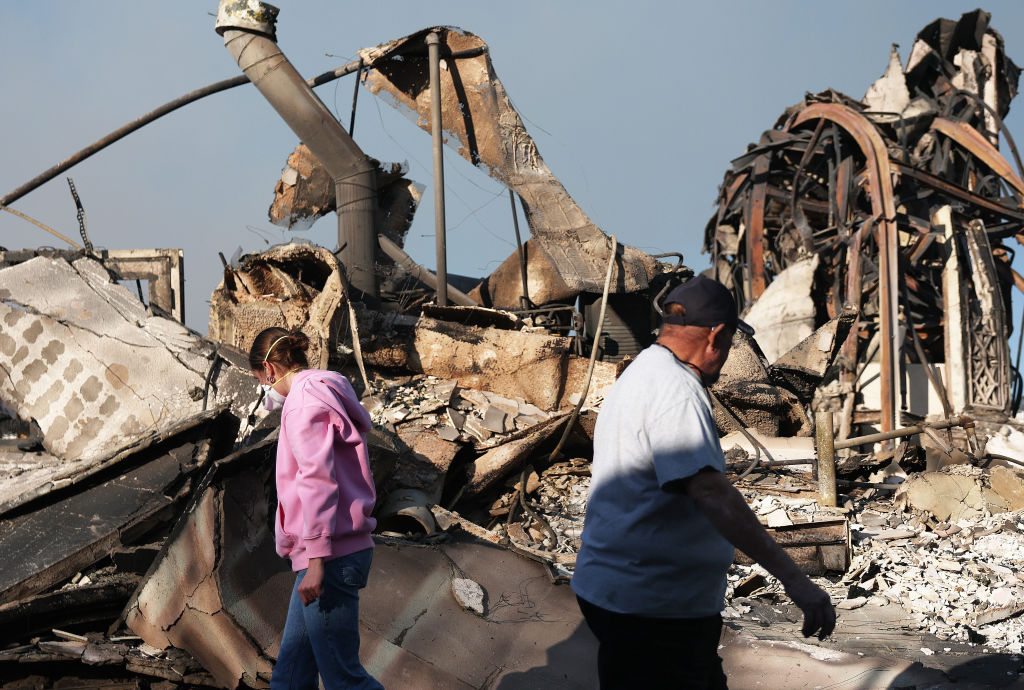Insurance scams target homeowners affected by Harvey
Scammers targeting Hurricane Harvey victims are making robocalls throughout the affected areas, warning victims that their flood insurance premiums are overdue and must be paid immediately to maintain coverage, the Federal Trade Commission is warning.
In reality, even if your premium payment was due at month's end, the Federal Emergency Management Agency, which administers the National Flood Insurance Program, typically provides extended grace periods during natural disasters, said Loretta Worters, spokeswoman for the Insurance Information Institute. During flooding in Louisiana last year, for example, the agency extended its normal 30-day renewal grace period to 120 days for those in affected areas.
- Related: Hurricane Harvey
- How to help Harvey victims
- Harvey fact vs. fiction: Stay clear of these false rumors
"Every time there is a natural disaster, scammers jump in," said Lois Greisman, associate director, division of marketing practices, at the FTC. "No one should be calling you about paying premiums right now. Everybody knows what is going on."
Indeed, hurricane victims are far more likely to get money from FEMA than need to make a payment to the agency. FEMA, in fact, is helping displaced hurricane victims cover temporary living costs. Given the onslaught of claims, the agency urges flood victims to make their initial claim online at www.disasterassistance.gov. Those without internet access can call (800) 621-3362.
Greisman further explained that government agents or FEMA representatives will never show up at your door to deliver financial aid. If someone says they're with the government and there to help – you just need to pay an upfront "application" fee -- it is a scam, she said. "That is not the government's method of doing business."
Also beware charities making appeals over social media, Greisman advised. The trade watchdog has identified a rash of new website domain registrations that have "Harvey" in the title. Authorities worry will be used to take advantage of hurricane victims and the people who aim to help them.
So-called phishing scams seeking to capitalize on the disaster involve thieves using email and social networks to send out bogus links soliciting aid for Harvey victims. The links lead to phony websites where cybercriminals try to steal your credit card and personal info.
There are dozens of legitimate organizations already at work in Texas that are well-positioned to provide aid. Giving to these groups, which operate under the umbrella Texas Volunteer Organizations Active in Disaster, is your best bet, according to a notice put out by FEMA.
Officials expect more Harvey-related fraud in the coming months as recovery efforts get under way.
"This is not just an issue we're worried about for today and tomorrow," Greisman said. "This is going to go on for many, many months. Scammers will take advantage of how long the recovery is likely to take and come out with one after the next – government grant cons, charity appeals, you name it."
"We are urging people to be vigilant -- check out the charities they give money to. If someone from the government appears at your door, make sure to get their ID and check them out independently. And,if you see a scam, report it," she said. "This is a priority for us."
If you suspect fraud, call the FEMA Disaster Fraud Hotline toll free at (866) 720-5721. Also report it to the FTC. These reports help law enforcement agencies warn the public and catch con artists before they do additional damage.




